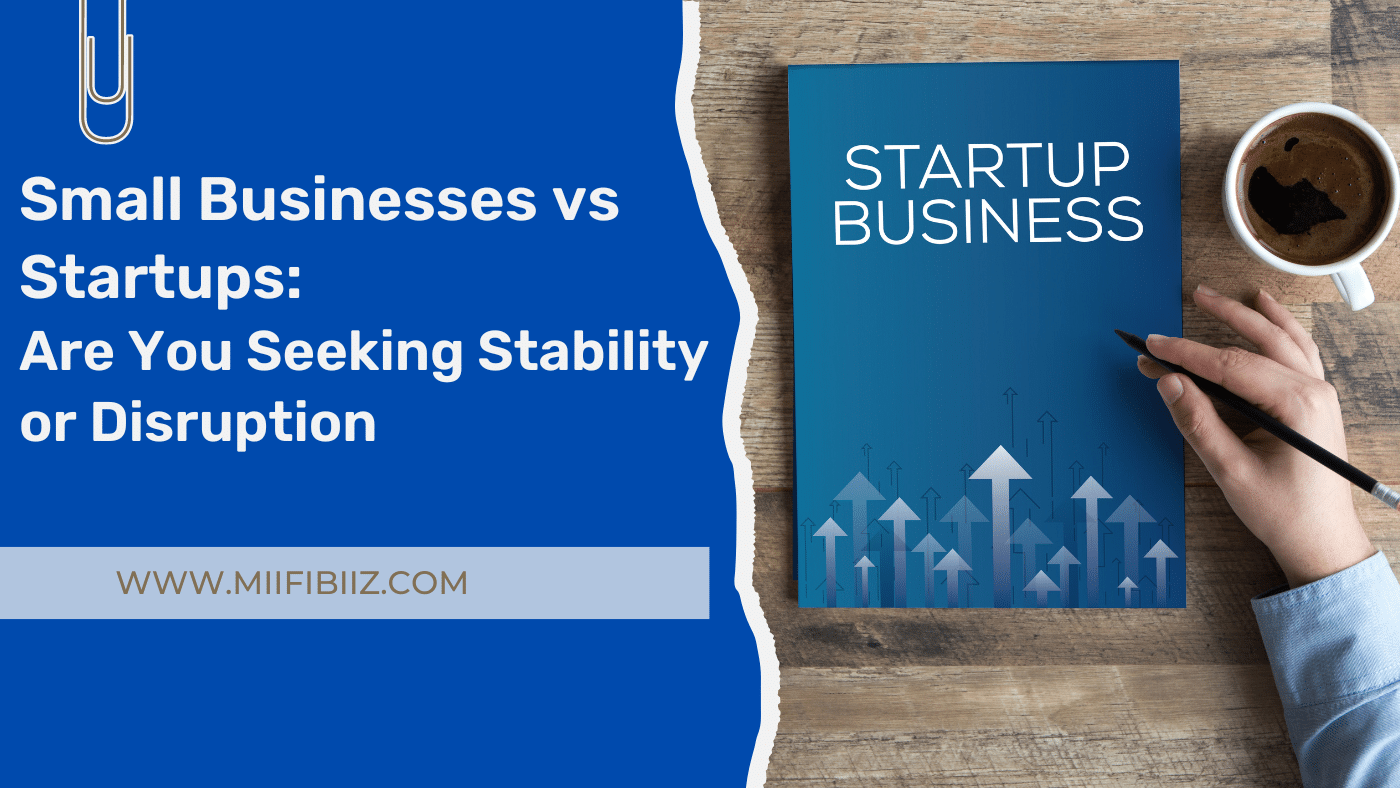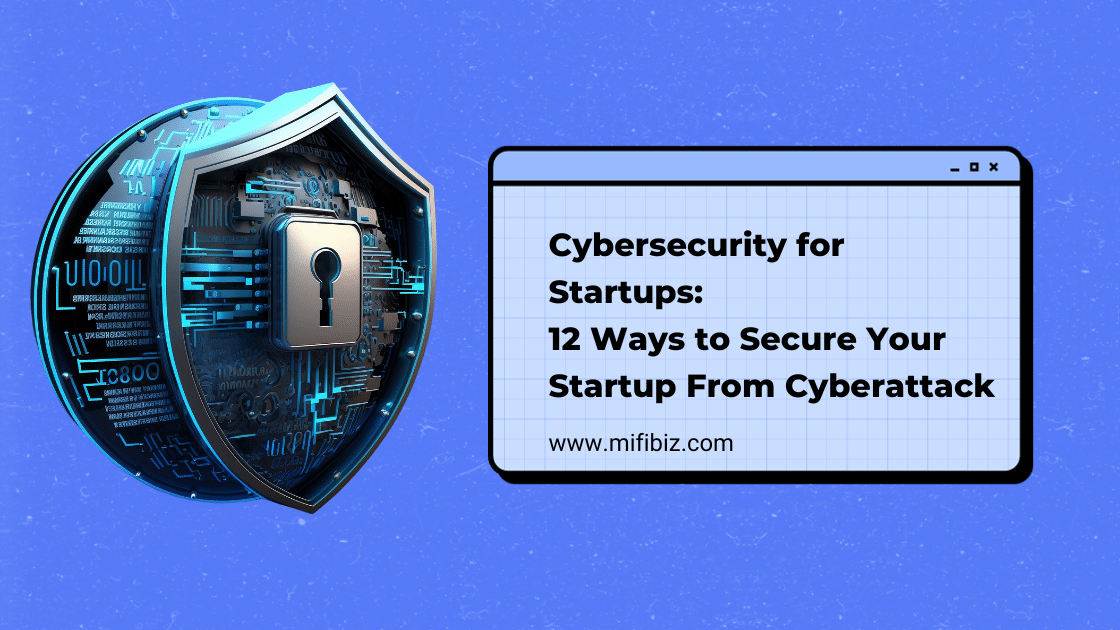Small business vs Startups: Here is a big question: is your big idea disruptive or stable? Still can’t decide? This is the perfect blog for you, this article will help you understand if you are building a small business or a startup.
Startups are the adrenaline junkies of the business world. Think Uber rewriting the taxi industry or Airbnb transforming the hospitality landscape. While small businesses aren’t out to rewrite the rules, they’re out to enrich the everyday. They might not be changing the world, but they’re making it a little tastier, a little more convenient, one satisfied customer at a time.
Imagine a cozy coffee shop serving up delicious brews and warm vibes.
What is a start-up?
A startup is a young company focused on innovation and rapid growth,, creating groundbreaking products, disrupting industries, and generating significant wealth for founders and investors.
Startups aim for dominance, an irreplaceable edge , while profits is not their immediate priority aiming for the global market.
Features of a startup
Disruptive Approach: They challenge existing industry norms and create new markets or revolutionize existing ones by producing innovative products and services.
Rapid Growth: They seek rapid scaling, aiming to become major players in a large, global market. They might be willing to operate at a loss initially.
Funding Strategies: Due to their focus on growth over immediate profits, startups often rely on external funding to get off the ground.
High Risk: The startup journey is risky. Many startups fail due to factors like competition, lack of market demand, or difficulty executing their ideas.
Passionate Teams: Startups thrive on their founders‘ and employees’ passion and dedication. These individuals are typically highly skilled and motivated by the potential to build something groundbreaking and make a significant impact.
Read More: 10 Executive ways to Start your Own company While Unemployed
What is a small business?
Small businesses are the backbone of many economies around the world. They provide a wide range of goods and services, create jobs, seek sustainability and profits carving a niche in their local markets.
They understand the needs of their community and cater to them with personalized service and a deep understanding of local preferences.
Features of Small business
Revenue: Focus on profitability, they aim to generate a steady stream of income, ensuring long-term sustainability. Growth is gradual and incremental, building a loyal customer base over time.
Independence: Small businesses are typically independently owned and operated. They are not subsidiaries or franchises of larger corporations.
Management: Decision-making authority usually rests with the owner(s) or a small management team. This allows for flexibility and quick adaptation to market changes.
Local market: They cater to a specific geographic area, becoming a familiar and trusted presence in their community.
Funding: Often bootstrapped (using existing resources) or rely on loans and personal savings.
Types of Small Businesses
Sole Proprietorship: Owned and operated by one person, with all profits and liabilities belonging to them. This is the simplest business structure.
Partnership: Two or more people share ownership and responsibility for the business. Profits and losses are divided according to a predetermined agreement.
Limited Liability Company (LLC): Offers limited liability protection to its owners, meaning their assets are shielded from business debts.
Corporation: A separate legal entity from its owners. It offers greater flexibility in raising capital and attracting investors.
Home-Based Business: Operated from the owner’s residence, often seen in industries like consulting, crafts, or freelance work.
Small business vs Startups
The main differentiators between a startup and a small business lie in their goals, growth potential, and funding strategies. Here’s a breakdown to help you identify which category your idea falls under:
Goals:
Startup: Aims for disruptive innovation and rapid growth, often targeting a large, global market. They might be willing to forgo profits initially to gain market share.
Small Business: This type of business focuses on establishing a sustainable and profitable business model within a local or regional market. It prioritizes steady growth and customer satisfaction.
Growth Potential:
Startup: Seeks exponential growth, aiming to scale quickly and become a major player in their industry. They might be reliant on funding to achieve this growth, think of it as a sprint.
Small Business: Targets linear or incremental growth, focusing on building a loyal customer base and gradually expanding their reach, think of it as a stair climb, step by step.
Funding Strategies: who pays the bills?
Startup: Often relies on venture capital, angel investors, or crowdfunding to raise large sums of money to fuel rapid growth and innovation.
Small Business: May utilize personal savings, loans, or bootstrapping (using existing resources) to fund their business. They might focus on profitability from the start to avoid the need for external funding.
While these are clear distinctions, the business world isn’t always black and white. Some small businesses might have high-growth potential, while some startups prioritize profitability. Ultimately, the defining factor lies in your core vision and how you plan to achieve it.
Questions to know if you are building a Startup or Small Business
Here’s a quick quiz to help you decide:
What’s your primary goal?
Stability and profitability(Small Business)
Disruption and rapid growth (Startup)
Who is your target market?
Local or regional (Small Business)
Global (Startup)
How important is quick scaling to you?
Gradual growth is preferred (Small Business)
Exponential growth is the goal(Startup)
Are you comfortable with a high degree of risk?
Risk-averse, prioritizing stability (Small Business)
Thriving in a high-risk, high-reward environment (Startup)
How will I fund my venture?
External investors (startup)
Internal resources (small business)






